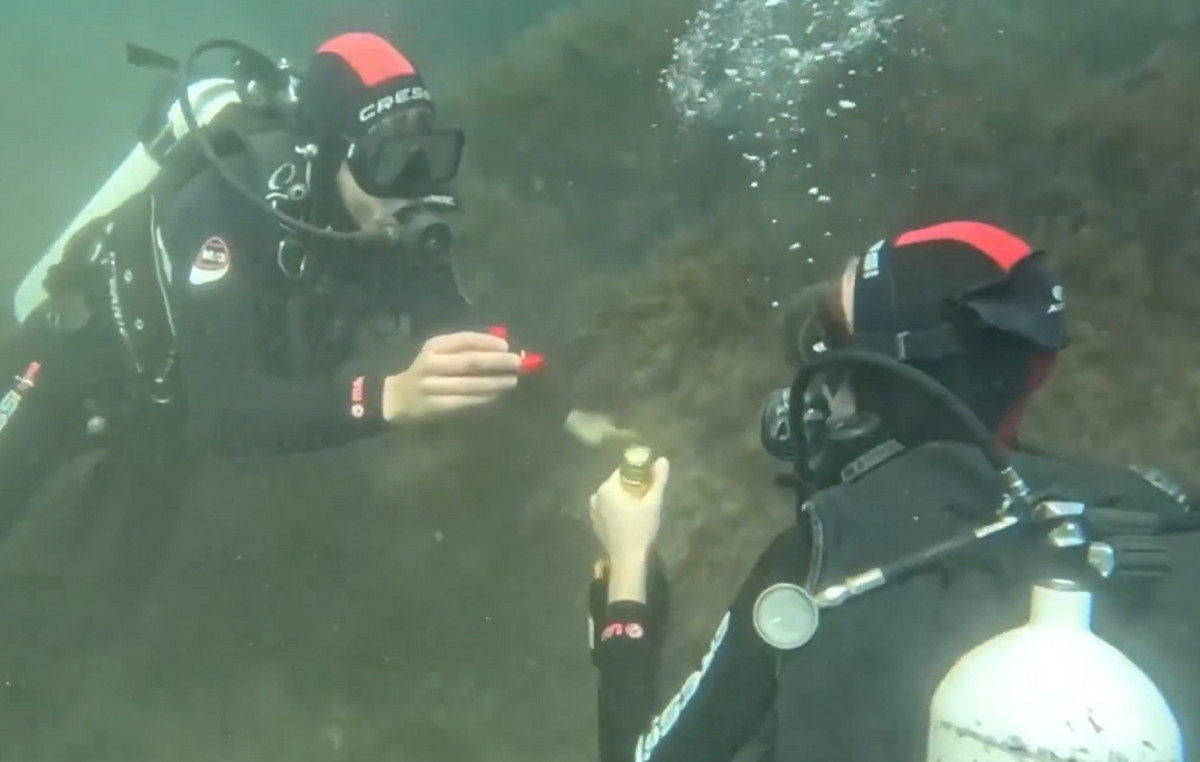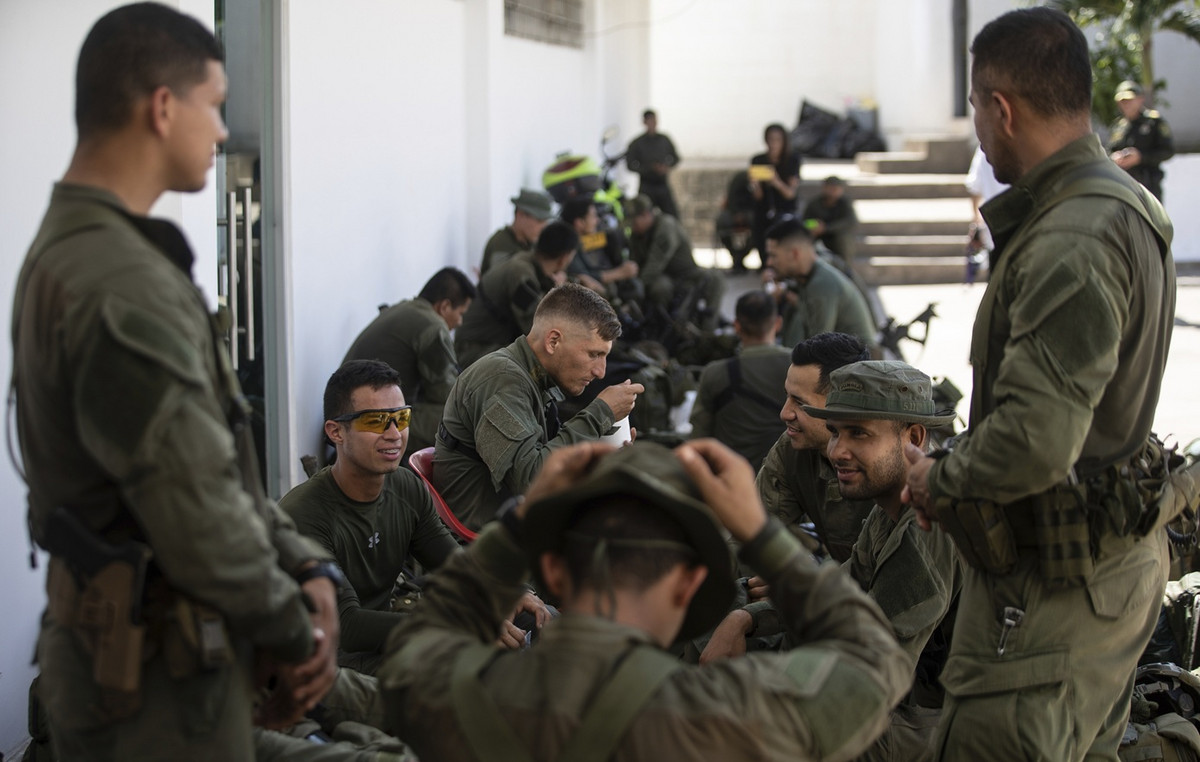The Public Ministry of Labor (MPT) sued the Tropicália and Biruta kiosks, located on Barra da Tijuca beach, in Rio de Janeiro.
The Prosecutor’s Office points out that the establishments subjected Congolese refugee Moïse Kabagambe and other workers to conditions similar to slavery.
Moïse was beaten to death in one of the kiosks in January of this year. Three men were charged with the murder of the 24-year-old and are under arrest.
In addition to the owners, the MPT calls for accountability from Orla Rio, the service concessionaire, and also from the city hall of the capital. For the agency, both failed in the inspection.
After the Congolese’s murder, Labor auditors identified at least 256 unregistered workers at kiosks located on the city’s beaches, several of them immigrants and refugees.
THE CNN asked for a position from the defense of the Tropicália kiosk and from the city hall of Rio and awaits a response. The report is still trying to contact the defense of the Biruta kiosk. On the other hand, Orla Rio reported that it awaits the notification and would seek details about the action before manifesting itself.
Regarding the complaint against the Tropicália and Biruta kiosks, according to the MPT, the waiters of the places do not work with a formal contract and are paid, according to the statements of the kiosk partners, per night, which can reach R$ 0 according to the day movement.
In addition, the investigation pointed out that professionals work from 10 am to 12 pm, without adequate supply of food and water, with restrictions on the use of the bathroom and without personal protective equipment, such as sunscreen and cap.
For the labor prosecutor Guadalupe Turos Couto, conditions similar to slavery were proven.
“It’s work under the sun, without protection, without sunscreen, barefoot, in the abrasive sand. These imposed circumstances culminate in immunodepression, which is this physical fatigue, an exhaustion of the human body. Also, the risk of skin cancer incidence,” he said, in an interview with CNN.
Guadalupe Turos Couto also points out that the action is a warning to other kiosk owners. “Regulate [a situação trabalhista], because the Public Ministry of Labor will continue to investigate. We want to do awareness-raising work for other kiosks and also for society… When a worker like that gets sick, he will be treated by the SUS. Who will pay? The society. Therefore, society has to help us in fulfilling these obligations, for the good of all,” he declared.
Indemnification to Moïse’s family
The complaint presented to the Court asks for the recognition of the employment relationship of Moïse Kabagambe as a waiter, in the period between December 1, 2018 and January 2022, with the payment of BRL 285,000 to the refugee’s family.
The amount includes the minimum wage for the category and all other rights, such as vacations and FGTS.
The Prosecutor’s Office also requests a pension of R$ 3.4 million from the family, based on the equivalent of 2/3 of the worker’s salary and considering a life expectancy of 76 years. While the process goes on, the request is that all defendants pay a minimum wage to Moïse’s mother.
In addition, the lawsuit demands payment of individual moral damages of BRL 2 million, intended for Moïse’s relatives, and BRL 11.5 million for collective moral damages, which must be forwarded to a non-profit social entity.
Regarding the workers who continue to work at the kiosks, the MPT asks that they be registered and receive adequate conditions for working on the beach.
Source: CNN Brasil







